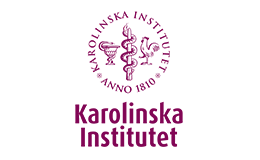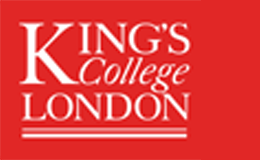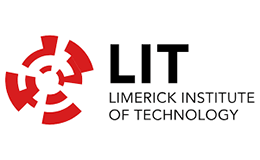Education Loan for Studying Abroad - Requirements, Interest, Eligibility, Documents, Procedure
EVERYTHING ABOUT EDUCATION LOAN

EVERYTHING ABOUT EDUCATION LOAN
What is an education loan?
An education loan is a certain amount of money borrowed by students to meet the expenses associated with their higher studies in their country or abroad. Students who aspire to pursue their courses which require huge amounts of funds usually take the education loan for graduate, postgraduate, or doctoral courses. The payments are generally postponed to the time when the students are in school and a 6-month extension may be granted after graduation.
Types of education loan:-
There are many types of education loans as per the requirement of the applicants. Broadly, they are categorized as:
1. Federal loan (Public loan):-
Federal loans are provided by the government directly to the applicant or borrower. Mostly, there is no credit check involved in federal loans but involves repayment with interest. The interest rate, terms, and conditions are all set by the federal government. Federal loans are further divided as Direct subsidized, Direct unsubsidized, Direct Plus loan (for Parent and graduate), and Direct consolidation loans.
2. Private loan:-
Private loans are provided by private banks, credit unions, and other financial institutions. The interest rates, loan limits, terms, and conditions are all set by these loan lenders. Private loans differ on the basis of credit history, co-applicant or co-borrower credit history, course of study, university, etc. Private loans can be further divided into two categories: Private student loans and Private Parent loans.
The above types are a broad classification of education/student loan. Further, the classification may vary on the basis of graduate study, professional study, collateral, deposits, property, securities and third party guarantees, etc.
*Note: - Collateral is any property that can be used or offered to the bank as a security for repayment of the loan.
How Does an Education Loan Work?
Just like any other loan, an education loan comes on a provision of payment along with an interest amount on the originally borrowed money. Along with academic fees, education loan also includes non-academic expenses involved in studying abroad. The monthly installments are commonly known as EMIs that help the applicant or the student in repaying the borrowed money in intervals.
What expenses does an Education Loan cover?
Education loan generally covers basic course/degree fees, college accommodation charges, exam fees, and other miscellaneous charges. Following are the list of different expenses covered for higher education especially in abroad:-
Academic Expenses:-
? Tuition fees
? Registration fees
? Laboratory fees
? Library fees
? Examination fees
? Counseling fees
? Mess/Food expenses
? Hostel fees
Non-academic Expenses:-
? Student insurance
? Transport/Commute expenses
? Project/equipment expenses
? Entrance exam fees (SAT, GMAT, GRE, TOEFL, MCAT, etc)
? 2-wheeler or transport pass expenses
? In-flight expenses, outward refunds (for study abroad)
Who can provide an education loan?
Banking authorities or institutions of respective countries are allowed to provide education loans under the approval of respective associations, for eg. Indian Banking Association - for India. The two main institutions that provide student loan are:
1. Registered banking institutions
? Low rate of interest for the loan
? Study loan insurance facility
? Includes part-payment, health cover, etc
? Interest rate subsidies
2. Non-Banking financial institutions (NBFCs)
? Low processing time
? Higher interest rates
? Higher processing fees
? Low or no need for collateral
? Availability of higher loan amount
However, banking institutes regulated under registered associations are mostly advised and preferred for financial safety and anti-theft measures.
What are the eligibility criteria for an Education loan?
It is important to note that the education loan is provided to those who show the ability to repay the loan. In general, the education loan is mostly provided to the students who desire to study a professional course in the same country or abroad after completing their 10th class (SSC) or 12th class (HSC) or equivalent.
For Indian banks, the eligibility criteria for a student loan is:-
1. The student or applicant should be a resident of India.
2. The student or applicant must have obtained admission to recognized abroad university/college, etc.
3. The student or applicant should have a co-applicant mostly a parent or guardian or spouse/in-laws (in case of married applicants).
This is a general eligibility requirement for issuing a loan. Further requirements depend upon whether you are applying for undergraduate, graduate, or a Ph.D. and the institute in which you are applying. The loan amount also varies depending upon these factors and the bank policies.
How to apply for an Education loan?
Education loans can be applied in two ways: Online and Offline. Applicants mostly prefer offline ways of applying, but online applying involves more transparency of information so the preference is shifting nowadays. Both the ways involve three major stages which need to be followed:-
1. Research about education loan: - This includes the need for collateral, the amount you are going to arrange and how much amount you are going to apply for, the banks and their interest rates, comparisons with other banks. Etc.
2. Applying for education loan
3. Verification of documents and loan sanction
Education loan processes:-
Offline process: - The process consists of visiting the respective branch followed by the below process:
? Get all the required documents for the loan
? Visit the official branch of the chosen/respective bank
? Ask and get all the documents confirmed and any other information required from the Bank official.
? Once confirmed, fill the application form for education loan/student loan
? Submit the required/confirmed documents
? After loan sanction, you can ask for a student loan agreement.
Online process: - In this process, the banks may have a separate online application process, or via a government student loan portal, or a doorstep student loan service. Students have to visit the official website and register or fill the online application form. A general online application process for a student loan is given below:-
? Register on the official website of the respective bank with phone number and email-id
? Log in and fill the education loan application form
? Upload the required documents
? Apply for study loan as per your requirements
? Check the application status for updates regularly
? Verify all the academic and financial details once you get a confirmation call from the bank
What are the documents required for the application of an education loan?
? Complete application form with all the required information
? Passport size photos of the borrower and co-borrower
? Photo-ID of the applicant and co-applicant (Voter-ID, passport, driving license, Aadhar card, PAN card, etc)
? Proof of residential address of the applicant or co-applicant
? Academic documents - Mark sheet and certificates of the applicant
? Scorecards of the standardized exams such as GRE, GMAT, IELTS, TOEFL
? Admission letter provided by the respective university or college
? Bank statements of the co-applicant for the period advised by the bank
? Income proof of the co-applicant
? If the collateral is involved:
- Property title deed
- Building approval plan
- NOC for the mortgage from builder or society
Note*:- It is advised to check with the respective bank official with definite requirements of the documents as the requirement varies with the banks.
What is the education loan repayment process?
Generally, the repayment starts after the course/ degree is completed. Following are different methods of repayment:
? Moratorium period: - EMI payment with interest till the course is completed or the student has attained employment. Duration :- Course period + 1 year employment + 6 months
? Student loan EMI: - Fixed amount set by the applicant to be paid monthly in repayment of the loan. Student loan EMI = (annual interest on the total disbursed amount of loan/12) + Adjusted Principal amount
? Education loan part-payment: - Students or applicants can pay a combined amount of the repayment, which can be more than the regular EMIs to lower the interest rate and successive EMI payments.
? Education loan prepayment:- Students or applicants can pay the complete amount of the student loan before its tenure regardless of the monthly EMIs.
? Education loan extension: - Students or applicants can extend their loan tenure or decrease the EMIs value based on the amount they can manage to pay.
? Education loan refinancing:- Students or applicants can add loan amount as refinancing on their existing loan. This can be done in case of a continuation of studies or the requirement of more funds.
Where to apply for an education loan?
Applicants or students have several options to choose from various sources. Students must compare and apply accordingly.
? Offline student loan application at the respective bank branch
? Online Student loan application at the official bank’s website
? Online student loan application at government portal (eg. Vidyalakshmi education loan)
? An application under the guidance of education loan experts
Benefits from Income-tax Act:-
Section 80E of the income tax act gives relaxation to the taxpayers on the interest during repayment. This is allowed only for individuals paying education loans on behalf of their spouse, children, or a student to whom they are a legal guardian. Students or their parents can take advantage of this benefit to lower their financial burden.





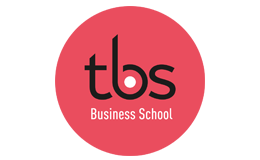
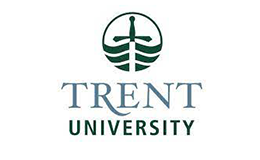





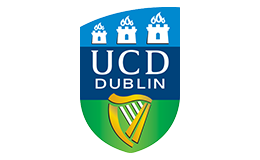
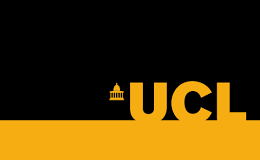



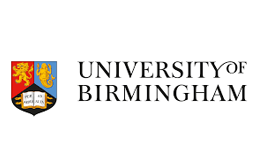
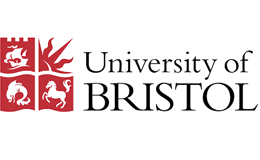
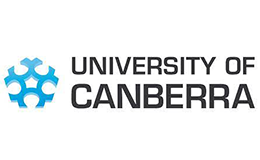

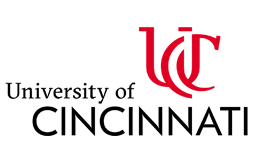


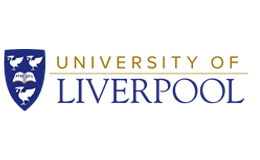

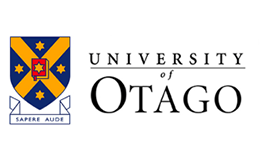

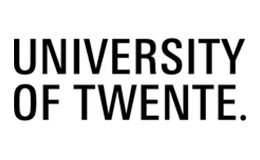



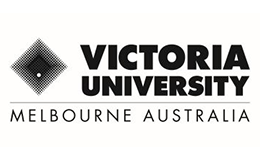




.png)


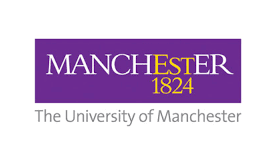

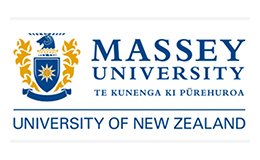
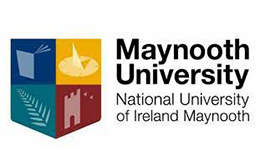

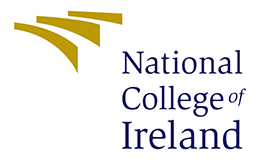
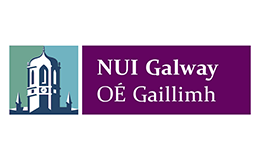
.png)


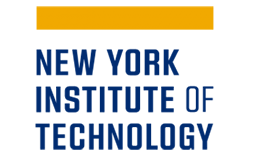
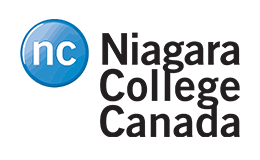
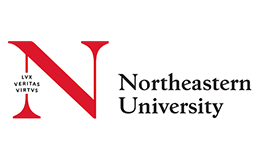



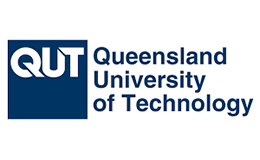





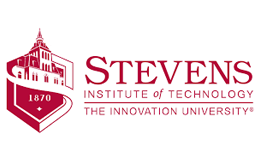



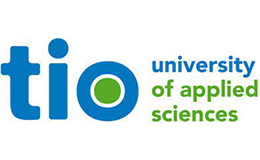
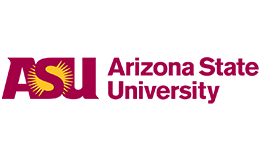
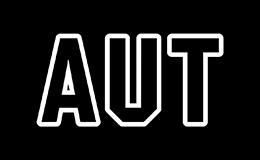

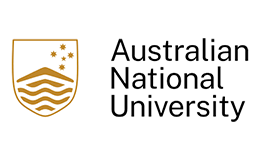

.png)




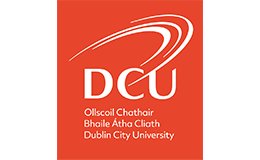

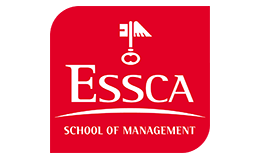



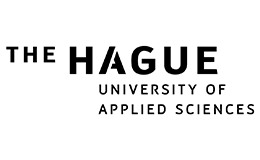




.png)

